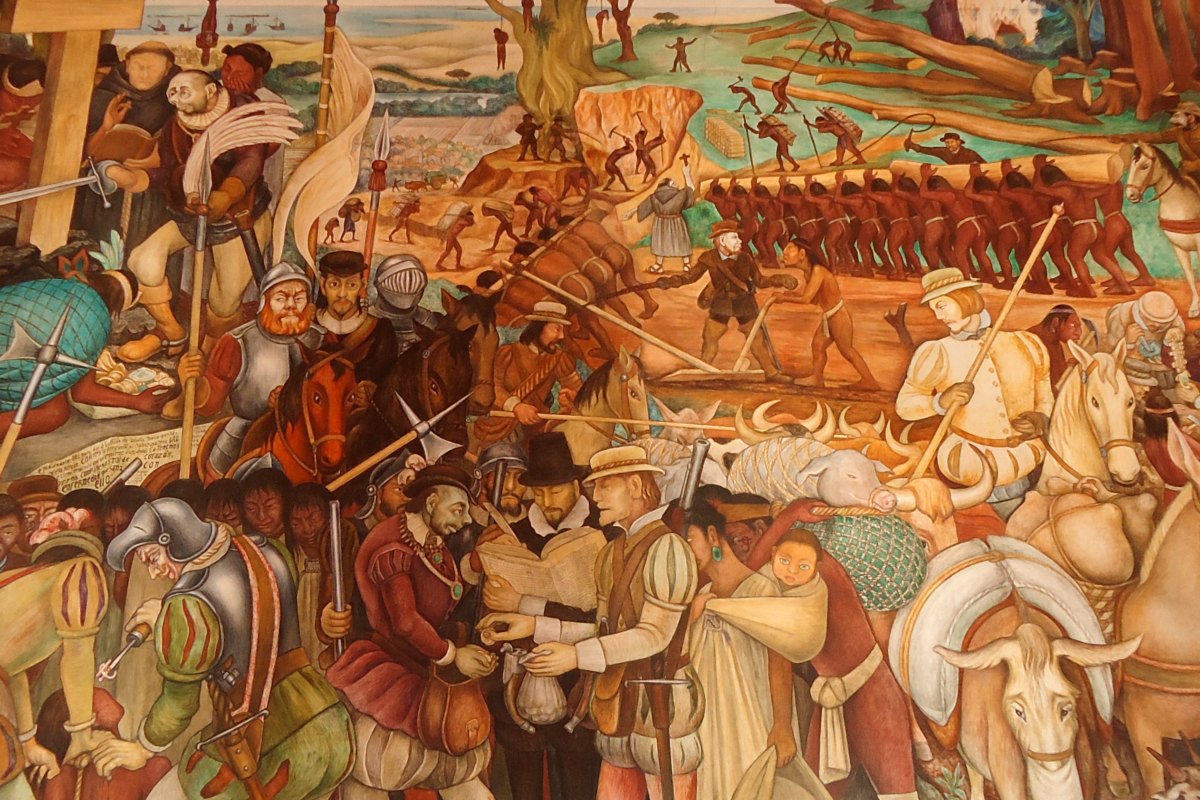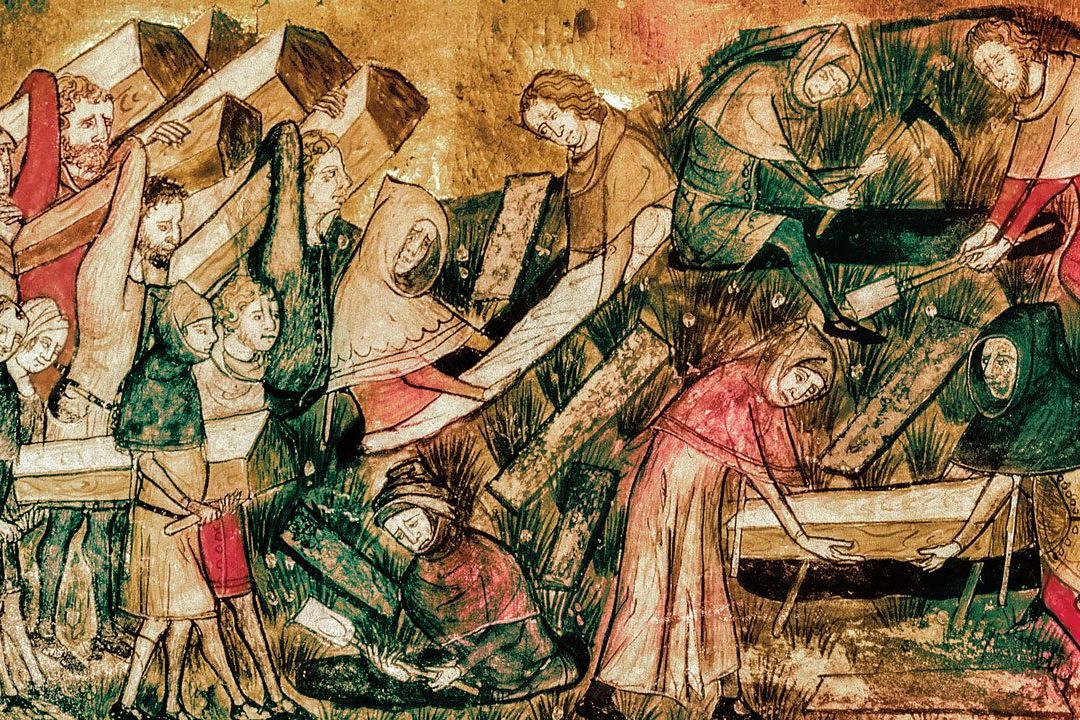by JOSH HOLROYD

We are frequently told that capitalism equals ‘freedom’; that it is the organic product of ‘human nature’. But far from arising naturally, the birth of the ‘free’ market is built on violence, dispossession, and enslavement.
Of all the catchwords used by capital’s paid and unpaid defenders, ‘freedom’ is surely the most used and the least understood. “Capitalism is freedom” according to Turning Point UK. Milton Freedman’s Capitalism and Freedom remains a holy text for those faithful to the church of Free Enterprise. In fact, it is impossible even to begin a discussion on the nature of capitalism without hearing, ‘individual freedom’, ‘free choice’, ‘free trade’ or ‘free markets’.
The more individuals are left to trade and enrich themselves, the more capitalism thrives and consequently, the more free and prosperous everyone in society becomes – this argument is simple, familiar, and completely false. In reality, capitalist freedom has always had a deeply contradictory nature from the very beginning.
What the birth of capital required was that the owners of money, land and industry should be confronted by a mass of ‘free’ workers, liberated from any property of their own and completely reliant on the market. This is the real foundation of the capitalist system, and its history is “written in the annals of mankind in letters of blood and fire”, in the words of Karl Marx.
The decline of feudalism

It was amongst the crumbling ruins of feudal Europe that the foundations for a new social order were laid. But the first blows against the old order were struck neither by the merchants nor the money lenders, but by the poorest and most oppressed layer in feudal Europe: the serfs.
Medieval Europe was built on the unpaid labour of this class of semi-slaves, who were granted a small patch of land in return for which they were forced to work for free on the estates of the church and feudal nobility for several days a week. Added to this was ‘boon work’ or corvee, which required the serfs to perform specific tasks for the benefit of their lords. In England at the time of the Domesday Book (1086), it is estimated that as much as 70% of the population were classed as serfs. It is in the struggle of this oppressed class of peasants to free themselves from bondage that the pre-history of capitalism can be traced.
Socialist Appeal for more